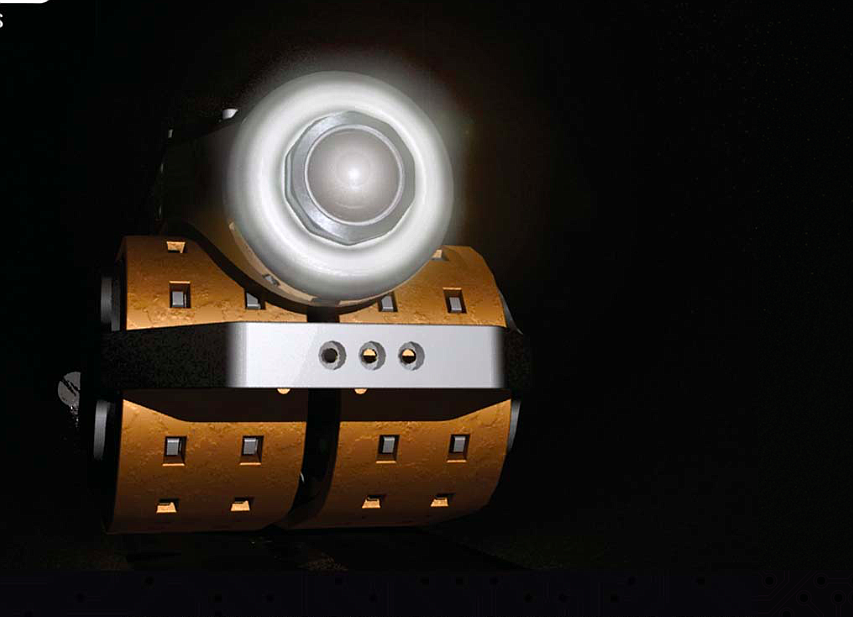- April 27, 2024
-
-
Loading

Loading

A modern version of Pixar’s beloved Wall-E soon may be crawling through a sewage pipe beneath you.
Starting January 2019, a fleet of self-operating sewer robots will venture down into Winter Garden’s underground wastewater network to begin identifying any corroded or damaged sewage pipes in need of repair.
The purpose is to ensure all the pipes in the network are functioning properly and prevent leaks that might pose a future health risk.
The routine inspection work is traditionally performed using a remote-controlled vehicle equipped with a camera, but this time the city of Winter Garden entered into a $50,000 contract with RedZone Robotics Inc., which specializes in pipe reconnaissance technology.
RedZone, a Pittsburgh-based company born out of Carnegie University, has been using robots to perform jobs in dirty and dangerous environments for about 25 years, said Mike Thompson, RedZone’s vice president of marketing and sales.
The company used its robots to perform tasks in several different markets before it zeroed in on the wastewater market, Thompson said.
“Initially, we did some work in nuclear; in fact, one of our robots is in the sarcophagus of Chernobyl in Russia,” Thompson said. “We used a robot to do some work on the containment of that area. And obviously, it’s locked in there because it would be too radioactive to pull out. But our niche is sewer pipe assessment.”
For the city of Winter Garden, RedZone will inspect 62,500 feet of sanitary sewer pipes with its SOLO robots, which will assess the pipe conditions using cameras, laser, lidar, sonar and hydrogen sulfide gas sensors — hydrogen sulfide can lead to pipe corrosion.
The sewer robots will be dropped down a manhole, allowed to collect data and then picked up later, Thompson said. That data will then be sent to a team at its headquarters in Pittsburgh and relayed to the city to create a comprehensive database.
Before the use of cameras, the inspection of pipes included people manually surveying sewer pipes to look for defects and corrosion. In the 1960s and ’70s, remote-controlled vehicles equipped with cameras came into play, but Thompson said autonomous sewer robots are the way of the future, because they are more cost-effective, efficient and keep traffic disruption to a minimum.
“It’s more efficient, and it’s safer,” he said. “Instead of having a truck parked on the road cordoned off and doing some work, our guys are able to enter a line and put the manhole back on in minutes so the robot can go ahead and do its work.”